Water Soluble Vitamins
Unlike fat soluble vitamins, water soluble vitamins aren’t generally stored in the body so we need to consume them daily.
The main water soluble vitamins are the B vitamins and vitamin C. These vitamins are water soluble and therefore dissolve in water.
The body will lose water soluble vitamins in urine, so it is very unlikely they will build up to excess levels, causing serious side effects. Where vitamin C is over consumed it will cause stomach problems and diarrhoea.
Vitamin B1 (Thiamine)
Vitamin B1 is used by the body to aid the nervous system and also helps with the energy release from foods.
Vitamin B1 is found in the following foods: rice, pasta, bread, peas, eggs and liver.
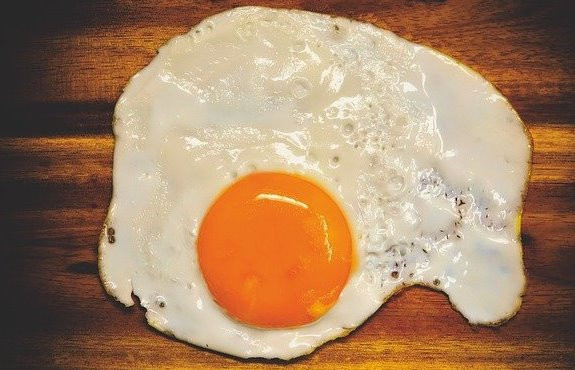
If you don’t consume enough vitamin B1 you could experience tiredness, weak muscles and in severe cases beriberi (a disease that affects the heart, blood vessels and the nervous system.
Vitamin B2 (Riboflavin)
Vitamin B2 is used by the body to help with energy release from foods and the repair of tissues.
Vitamin B2 is found in the following foods: eggs, milk, cheese and leafy greens.

If you don’t consume enough vitamin B2 you could experience dry skin, a sore throat and sores around the mouth.
Vitamin B3 (Niacin)
Vitamin B3 is used by the body to help with energy release from foods and to maintain a healthy nervous system and healthy skin.
Vitamin B3 is found in the following foods: wheat, meat, fish and nuts.
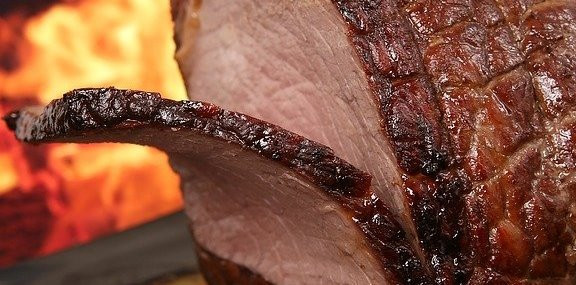
If you don’t consume enough vitamin B3 you could experience pellagra (a disease that causes fatigue and depression and a loss of memory.
Vitamin B9 (Folic Acid)
Vitamin B9 is used by the body for growth. It is crucial for pregnant women so they have healthy babies. It is used with B12 to make red blood cells.
Vitamin B9 is found in: liver, peas and leafy greens.
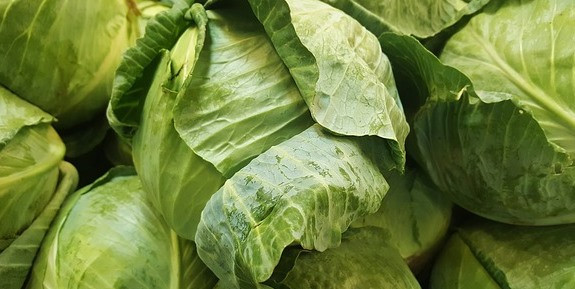
If you don’t consume enough vitamin B9 you can experience anaemia, tiredness, weak muscles and mouth sores. Low levels of folic acid in pre-pregnancy can cause women to conceive babies with spina bifida.
Vitamin B12 (Cobalamin)
Vitamin B12 is used by the body to help the nervous system and works with vitamin B9 to make red blood cells.
Vitamin B12 is found in the following foods: meat, fish, eggs and milk.
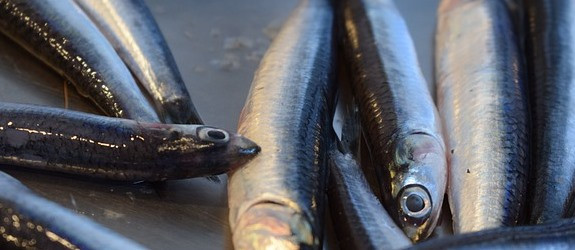
If you don’t consume enough vitamin B12 you could experience tiredness and in extreme cases nerve damage. As vegans don’t consume any animal produce they should take B12 supplements.
Vitamin C (Ascorbic Acid)
Vitamin C protects the body from infection and allergies. It also helps to keep blood vessels healthy and heals wounds.
Vitamin C is found in the following foods: citrus fruits, tomatoes, strawberries, potatoes and green vegetables.
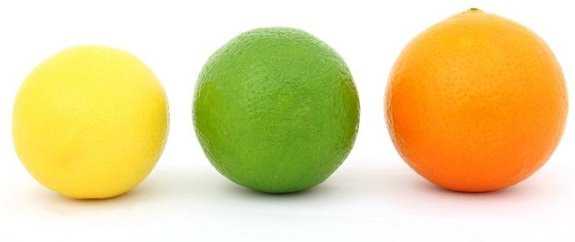
If you don’t consume enough vitamin C you could experience anaemia and scurvy(a disease that causes tiredness and bleeding gums). Vitamin C is an antioxidant, too little can increase the risk of cancer.
How to keep vitamins in fruit and vegetables
Fruit and vegetables start losing vitamin C once they are exposed to air, so they should always be prepared just before they are needed for use.
Steaming or microwaving are the best ways to keep water soluble vitamins. They should not be left to stand in water as vitamins B and C will begin to dissolve in the water.
Chopping fruit and vegetables into very small pieces will expose more of their surfaces to the air and water and cause more vitamins to be lost.
Antioxidant protection from free radicals
Free radicals are commonly occurring chemicals which we are exposed to every day. Free radicals are able to damage some of the cells in our bodies this can lead to diseases like cancer and heart disease. Antioxidants (vitamins A, C and E) which are found in fruit and vegetables can help protect our bodies from free radicals.
